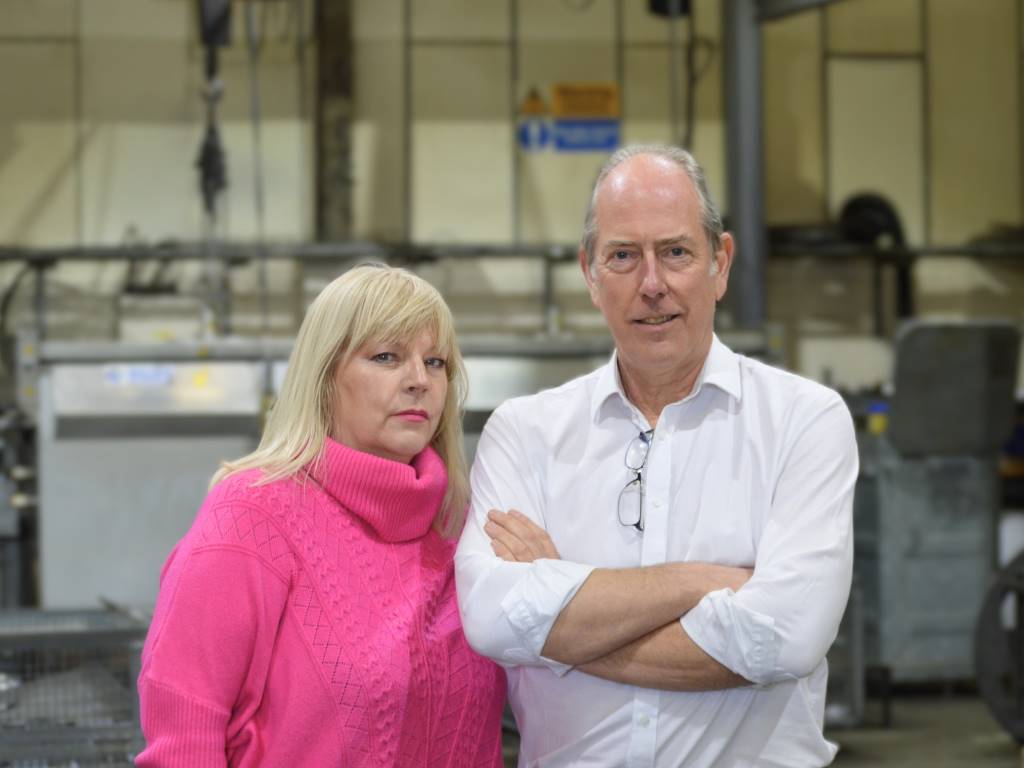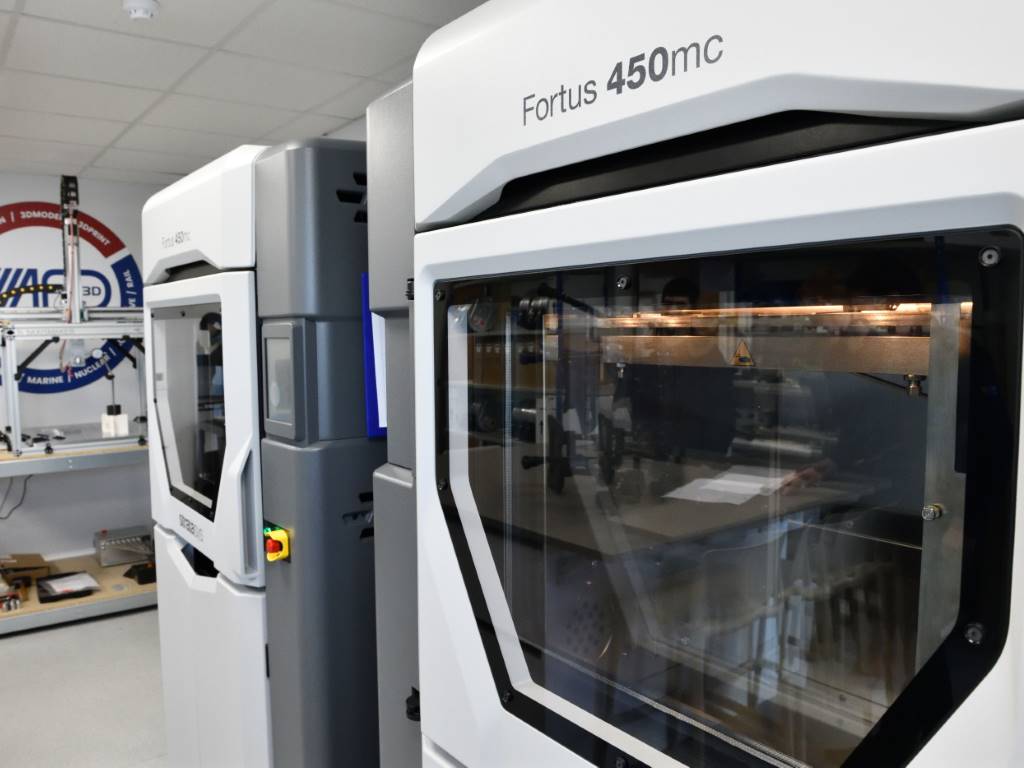UK industry urged to use flexible purchasing amid energy crisis
Manufacturing SMEs in the UK are being urged to consider flexible contracts as a way of staving off escalating energy costs.
Control Energy Costs, which works with hundreds of companies across the UK, has seen a 50% rise in the number of firms looking at this form of purchasing and is now offering industry the chance for businesses to pool their usage together as a collective.
This means they will be able to take advantage of flexible purchasing for the first time, as normally it is only reserved for organisations that tend to consume more than 10,000,000 kWh per annum and thus require a more sophisticated buying strategy.
“Flexible contracts are the alternative and certainly something industry - regardless of size of company - should be considering now. It could literally mean the difference between keeping production going or not,” explained Liam Conway, head of sales at Control Energy Costs. “Energy suppliers will simply not entertain the idea of offering a flexible contract to a standalone client using less than that 10m threshold meaning a different approach is required to take advantage of this method.

He continued: “A way around this is to group lots of firms together under one framework so, in essence, we create one super user. We can then make lots of smaller purchases over time when the market looks the most attractive to do so. It also means customers don’t have to fix their energy prices on any one given day.”
“In our opinion, the flexible contract will give management teams the ability to ride out the current situation and give them the breathing space to find a far better and more cost-effective longer-term plan.”
This approach is not new, in fact Control Energy Costs launched the ‘Wholesale Market Access’ basket in 2018 to offer this very method within a collective agreement.
It has proved successful for those involved, but the number of organisations wanting to take part has increased rapidly in the last six months and the business now has more than 50 companies involved in the framework with more waiting to join.
Recent sign-ups include global manufacturers, SMEs and construction businesses, who have - on average - seen a 150% rise in energy prices on what they were paying in 2021.
“It’s easy to take part,” added Mr Conway. “Our Flexible Purchasing team will liaise with the business to gain a thorough understanding of your current issues, desired strategy, budget, value at risk and future objectives.
“This consultation process helps determine what the firm needs now and what they may need in the future across both fixed and flexible purchasing options.”
“Even for businesses who might not have renewals due for a few years, they should still explore the flexible contract now, given it should be part of a long-term strategy.
“A word of caution, however. It is important that management teams understand the product and how it works, as they will see variations month-to-month, and this can be unsettling if they have not been told to expect it.”











